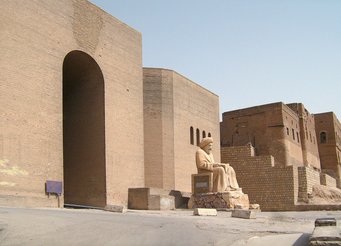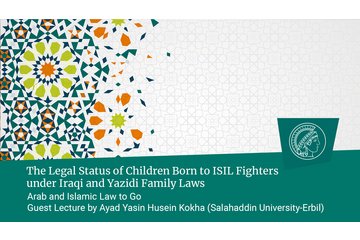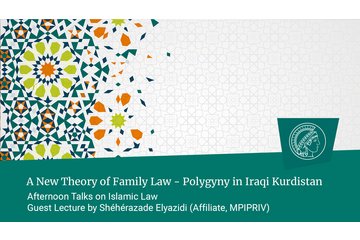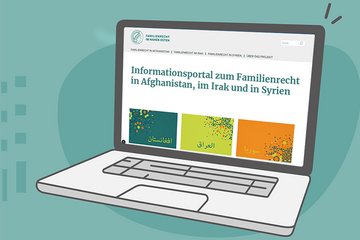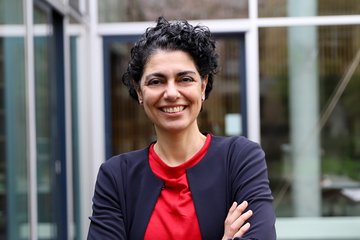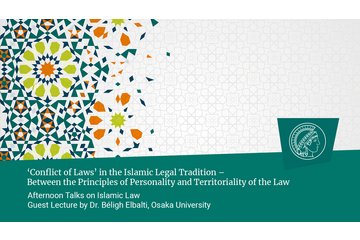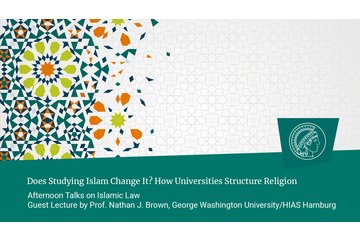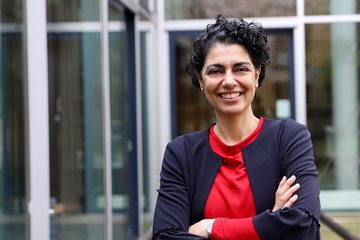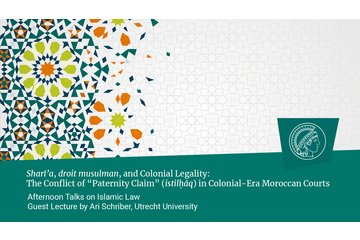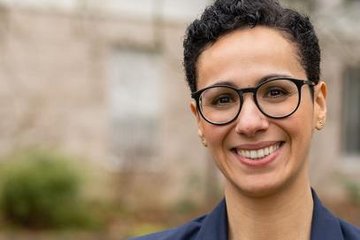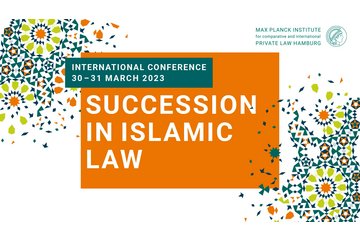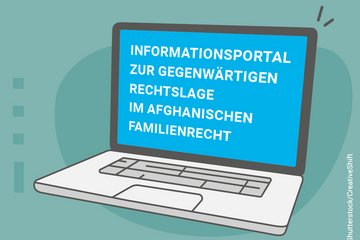Call for papers: Kurdish family law conference in Berlin from 2–4 June 2022
The field of Kurdish studies has undergone a transformative renaissance over the last ten years. However, most inquiry to date has focused on the Kurds’ right to self-determination. The systems of norms in place in the Kurdish areas have yet to be studied, in particular those surrounding family law. The Kurdish family law conference set to take place in Berlin from 2–4 June 2022 has been called to address this gap. Conference paper abstracts are due no later than 1 April 2022.
* The conference will be held in person. If necessary, it will be postponed until travel is possible. *
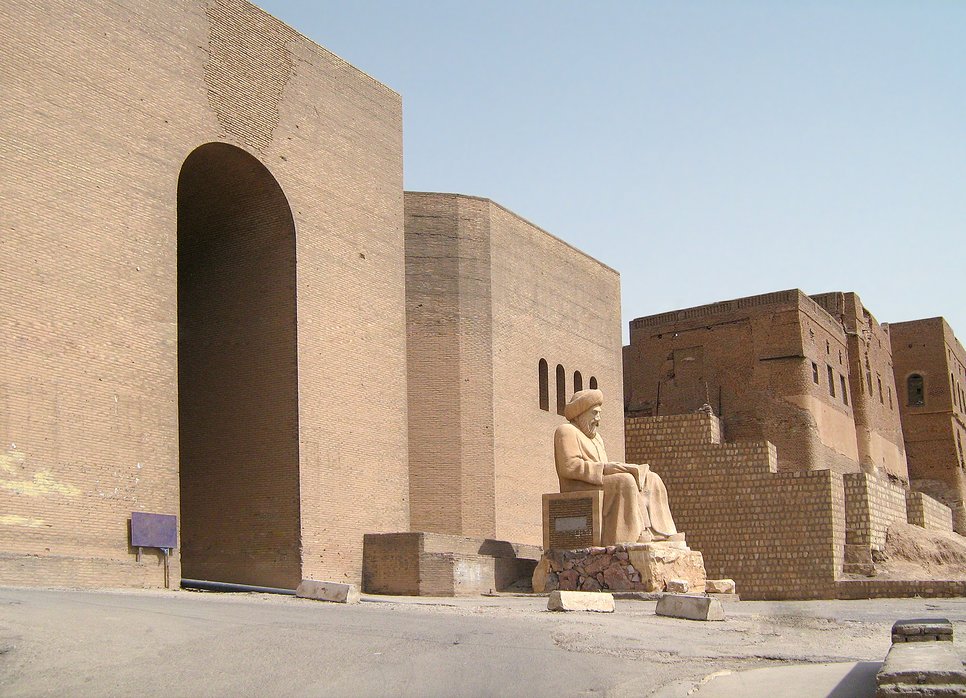
Abstract submission deadline: 1 April 2022
Decision: 15 April 2022
Final paper submission deadline: 15 May 2022
Hosted by the Max Planck Institute for Comparative and International Private Law (Hamburg) at the Harnack Haus, Berlin, Germany
Theme: Over the past decade, Kurdish studies experienced a transformative renaissance. It can hardly be denied that this is due to the explosive nature of the political events in the Kurdish region in recent years. However, other than political questions of self-determination, Kurdish Studies seemed to focus largely on questions literature and oral traditions. The study of legal aspects in particular Kurdish family law on the other hand have been largely neglected and represent a research desideratum. Yet, in order to grasp the social transformative dynamics surrounding Kurdish society in the four (home) countries as well as the diaspora, a stronger focus on the study of normative systems in family law is necessary. In Iraq, after the adoption of the constitution in of 2005, the Kurdistan Region Parliament, in 2008, adopted a reform of the Iraqi personal status law. In Syria, the legislative power of the Autonomous Administration of North and East Syria (Rojava) adopted the “Law on Women”, which contents existing family legal normative systems. In the vacuum that the civil war created and the subsequent deterioration of state authorities and institutions, a new, separate normative legal system was established. In Iran, according to the Iranian Personal Status Law, all non-Shia communities are subject to their own regulations. Since the majority of Kurds belong to the Shafi´i school, and its provisions are not codified, family law matters are loosely regulated within the Kurdish community. Due to the secular character of the family law in Turkey, the Kurds are not subject to specific regulations concerning the family law. However, some aspects of customary law are applied in the majority Kurdish area of Eastern Turkey.
Accordingly, our workshop aims to connect several objectives: First, the different questions surrounding the origins of those family laws and their application will be addressed. Furthermore, the conference addresses questions of the family legal status of the religious Kurdish minorities in those four countries, the customary family law among Kurdish communities, the application of family law on the Kurdish communities in the diaspora and related questions of private international law. A final point of interest is the application of family law among Kurdish communities in the European diaspora, especially Germany, Italy and France.
Moreover, it should strengthen interdisciplinary research on the question of the role of family law. All the participants, therefore, shall address their research question(s) through a legal, political scientist, sociological and/or anthropological perspective. The interdisciplinary use of different theories and methodologies, such as legal, linguistic as well as social sciences theories to analyze the dynamics around the Kurdish family law is also strongly encouraged.
Paper Submission: We invite papers that approach the study of Kurdish family law in an interdisciplinary way. Papers should be based on original research, ideally relying on primary sources. Papers should interpret “law” as a representation of a specific legal tradition, historic period and locality, with particular attention to the narrative and discourse of law.
Please send your paper proposal to Shéhérazade Elyazidi (elyazidi@mpipriv.de) and Sebastian Maisel (sebastian.maisel@uni-leipzig.de) not exceeding 500 words by 1 April 2022. The advisory committee will review all proposals, and decisions will be sent by 15 April 2022.
Accepted Papers: Authors of accepted papers shall send drafts of their final papers for circulation among the participants and discussants by 15 May 2022. Submission of final papers for publication will be 15 September 2022. After peer-review, selected papers will be published in an edited volume or journal symposium issue.
Organization: The Kurdish Family Law Conference is co-organized by Shéhérazade Elyazidi (Max Planck Institute for Comparative and International Private Law) and Sebastian Maisel (University of Leipzig). The Max Planck Institute for Comparative and International Private Law hosts and provides funding for the conference.
Image: © shutterstock/Angel_Vasilev77
